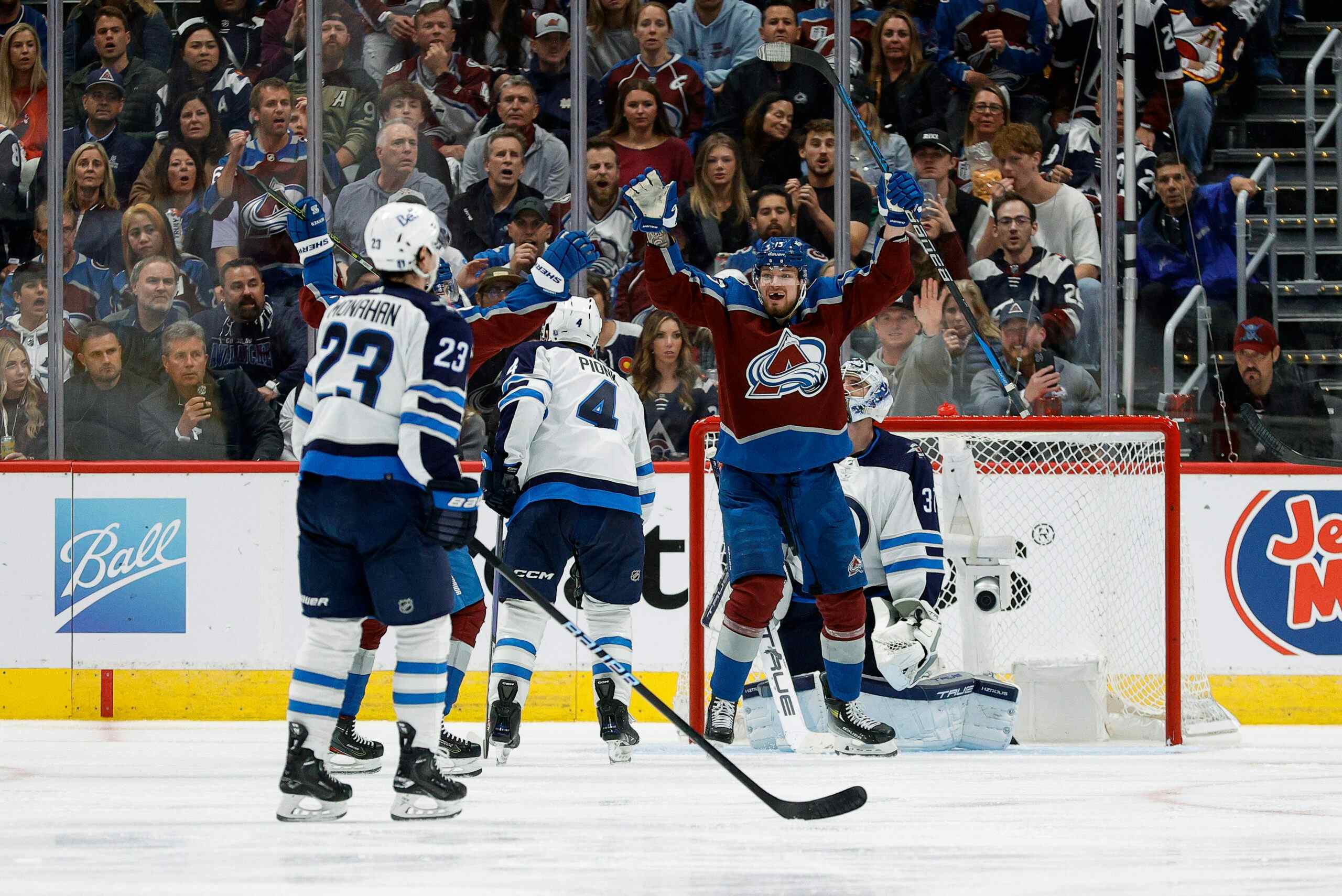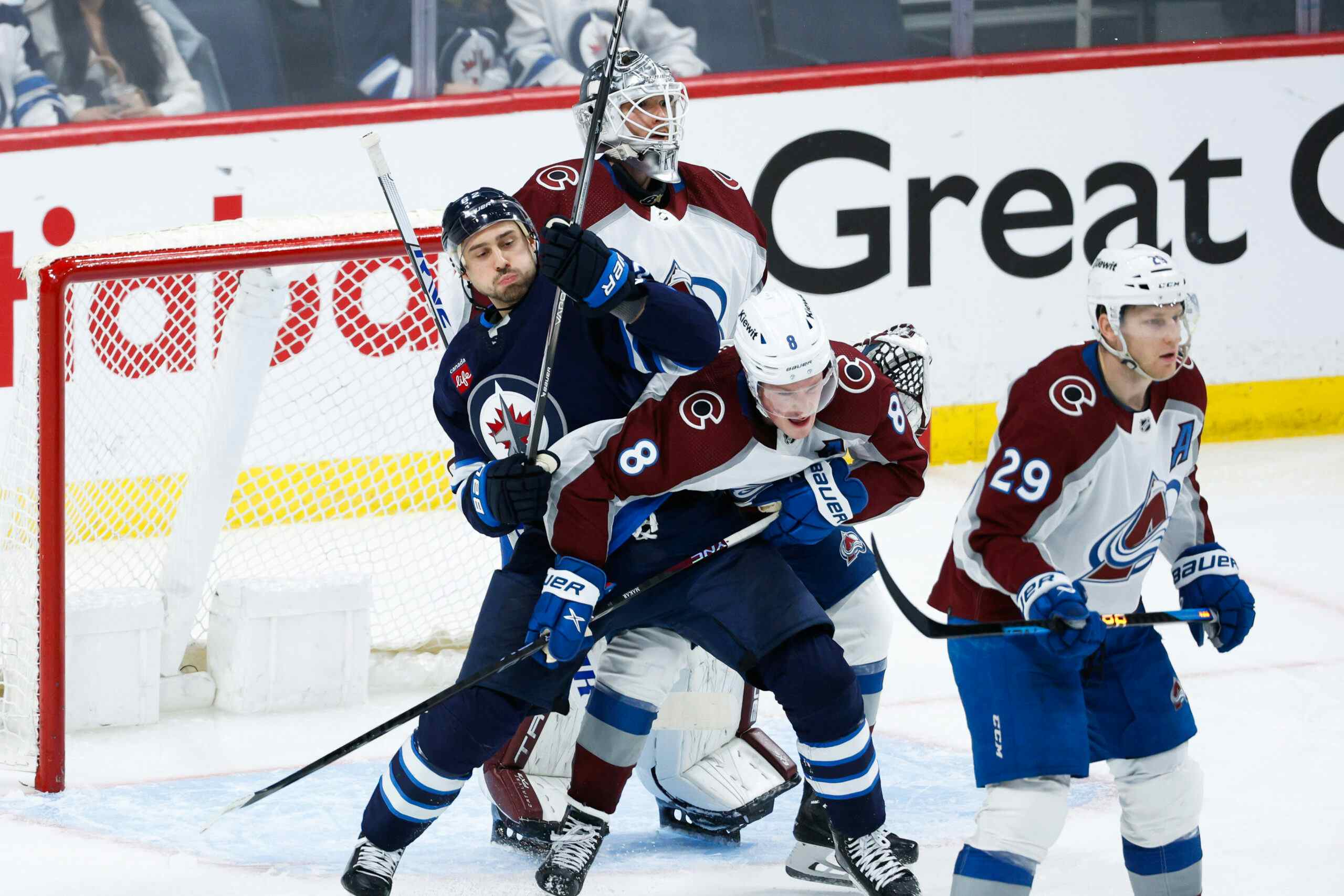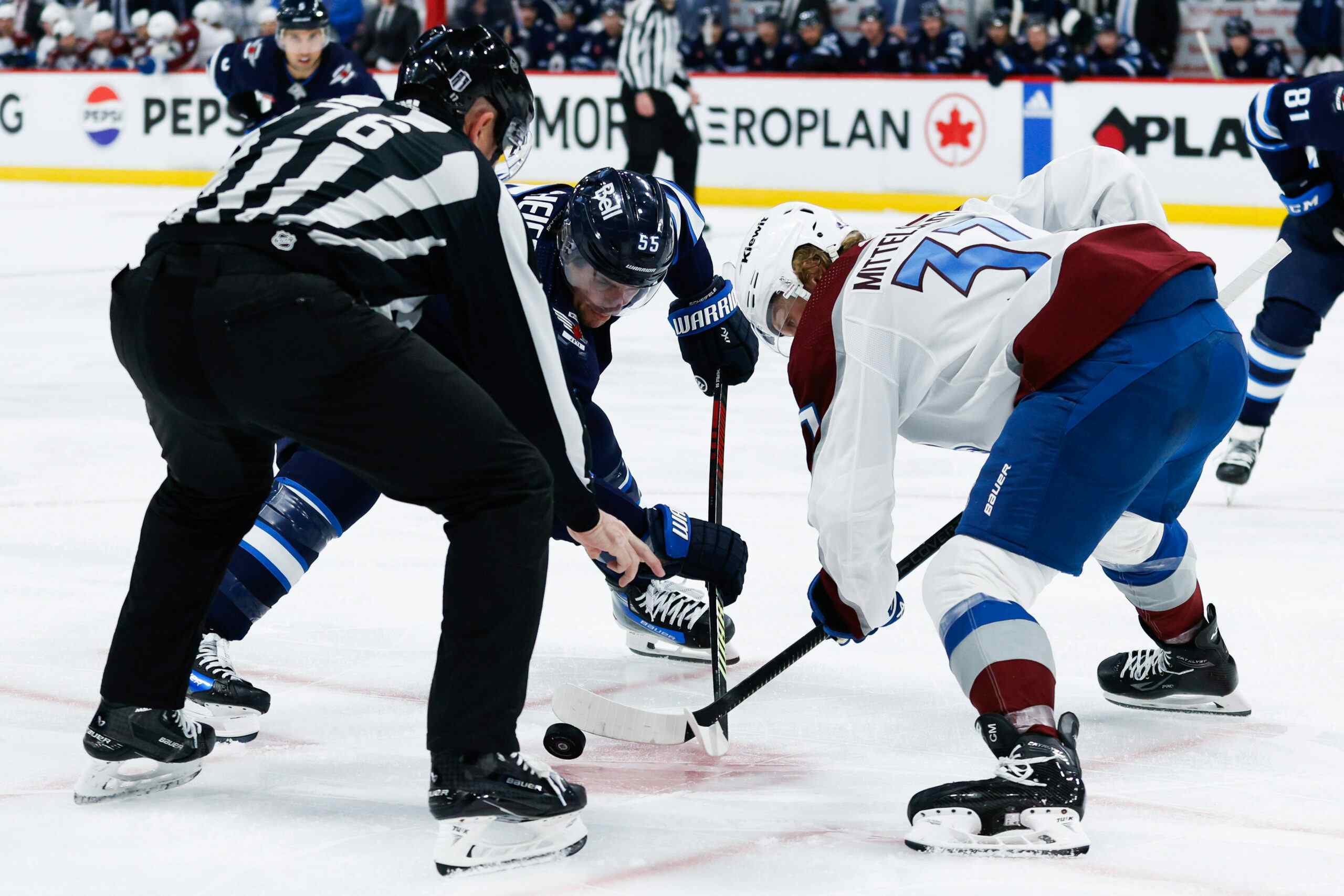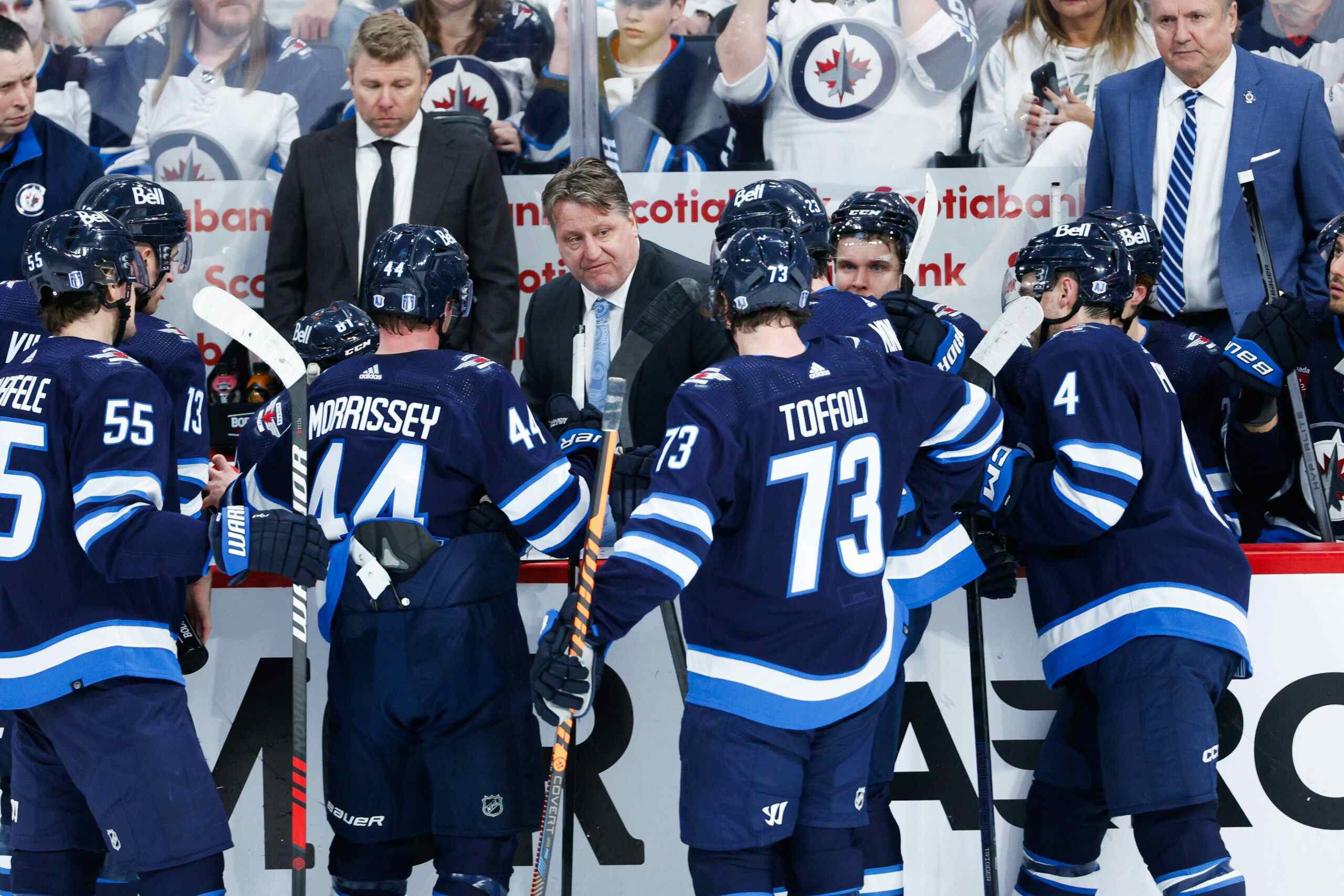By The Numbers: Jets’ league worst face off percentage is a problem, but a small one
By Garret Hohl
7 years agoThe Winnipeg Jets carry the worst face off win percentage in the league.
While it is far from optimal, it isn’t a great deal either. We take a deeper look into the numbers to show why.
There is a common misconception that the hockey analytics community finds no value in face off statistics. It is a weird misconception too, since every single WAR or total value model I can think of off the top of my head included face offs at least in some capacity.
Face offs indeed have value. The common fan and media analyst, though, often gauges that value incorrectly.
Typically speaking, face offs are often looked at in two ways. Television analysts will often look at goals against after a defensive zone face off loss, citing the loss as causation. In addition, analysts and fans rarely look outside of overall face off win percentage for players and teams.
The True Value in a Win

The first example really is a form of confirmation bias. It ignores that the probability of being scored on after a defensive zone face off loss is not remotely close to 1, nor is the probability of being scored on after a win 0.
In truth, teams after defensive zone face off wins still typically bleed shots and chances against for the next ten-to-fifteen seconds. This makes sense, as a team still needs to assume absolute control, survive the opposition’s forecheck, and exit out of the zone successfully.
The value of winning the face off is not equivalent to avoiding all the goals, chances, and shots against after a loss, but rather the difference between a win and a loss.
Not all Face Offs are Equal
No. I’m not talking about situational leverage, or about the final thirty seconds of a game with the defensive zone team protecting a one goal lead.
The value in winning a face off is largely dependent on where and when the face off commences.
The neutral zone, just like its name, takes place in neutral territory. The winning team still needs to successfully break into the opposition’s defensive zone, and a loss of possession after would require their opponent to still need to do the same in order to attack.
In addition, “man-power” matters as well.
Special teams exist in a very different and non-uniform environment. Change the environment and you change the relationship and causation between results. A shorthanded team’s defensive zone face off win causes a larger shift in shots and goals than a team at even strength.
Jets true face off struggles

Unfortunately the data is two-days old, but you get the gist. Also, note that the above face off differential is not adjusted for home scorer bias.
Putting all this information together, I looked at teams’ face off differential in the four major situations. Then, I looked at the expected impact in goals given that differentials impact on shots. Note: This does have a slight undervaluing in winning a face off as shooting percentage is a function of time after a face off (although this is slightly diminished in impact by most “shots for” from the defensive zone team after breaking out are rush shots, which are also high percentage shots).
What do we see here?
Well, the Jets are not only the worst face off percentage team but the worst expected goal differential team due to face offs. Their heavy losses in the neutral zone at even strength is not a big deal. Their losses on the penalty kill in the defensive zone and in non-neutral zone, even strength face offs are worth about a goal each. Unfortunately, the team has struggled to win enough face offs on the power play to make up some of the lost pace.
Closing Thoughts
The Jets currently have allowed one more goal than they have scored (don’t let penalty shot game winners confuse you). If the Jets were an average face off team, they would like have scored one more goal than allowed, on average.
This is not a huge change. A shift of two goals for a team that has seen a grand total 99 goals for and against isn’t a grand move. On average, you are looking at the very lest a change of four-to-five goalsequating one win in the standings.
However, hockey is a zero sum sport, so any gains you make are helpful, even if they are only marginal. With Bryan Little and Mathieu Perreault both poised to return, hopefully the Jets can win a few more and improve themselves in these areas.
MORE FROM GARRET
- With Trouba returning, who should stay
- Thirteen games in show some growing pains
- The failed Burmistrov return
- Is the Jets goaltending or team defense to blame
- The Jets best forward seasons
- The Jets best defensive seasons
- On Michael Hutchinson and sending down Pavelec
- Thorburn is best utalized in the press box
Recent articles from Garret Hohl





